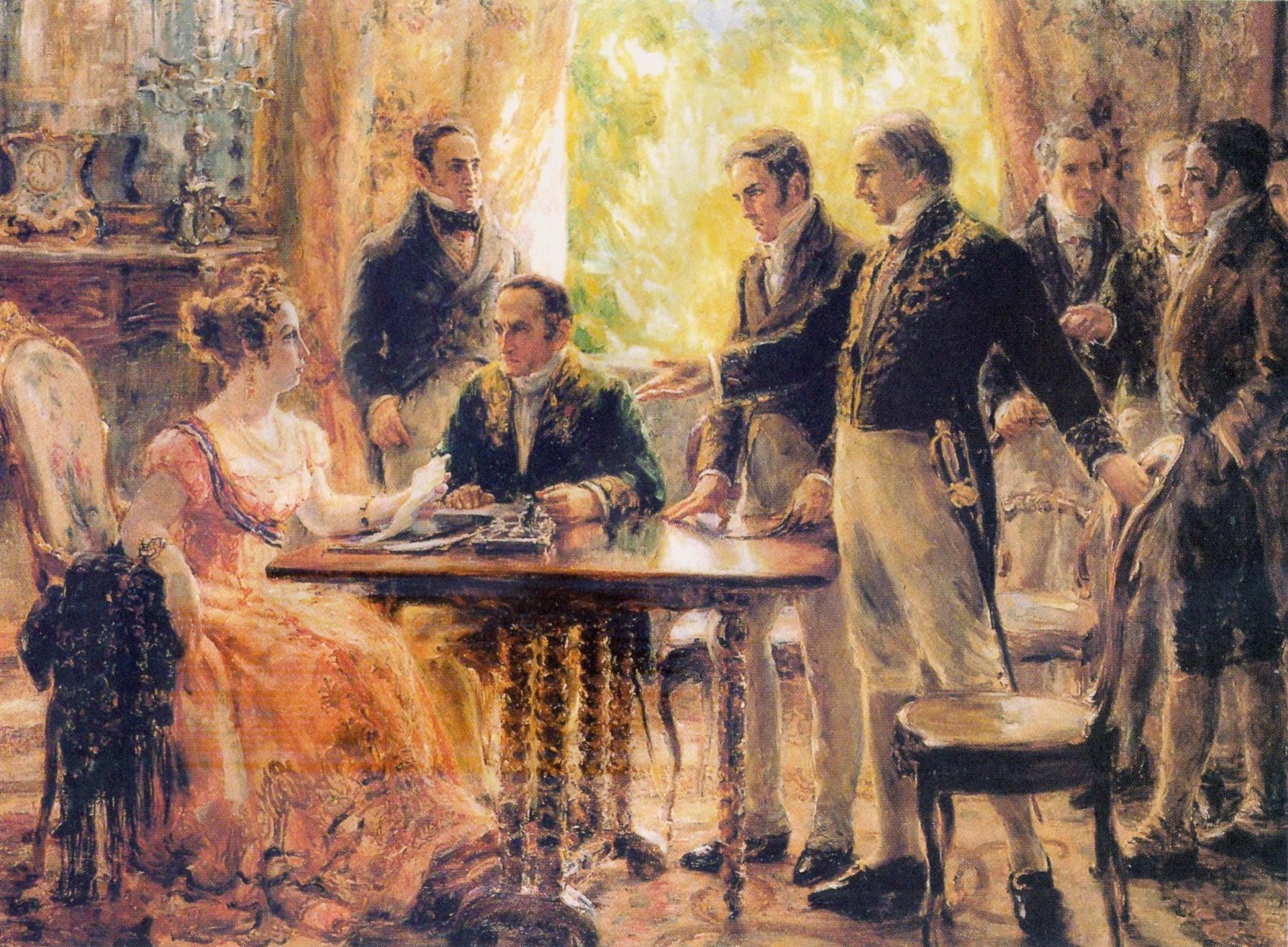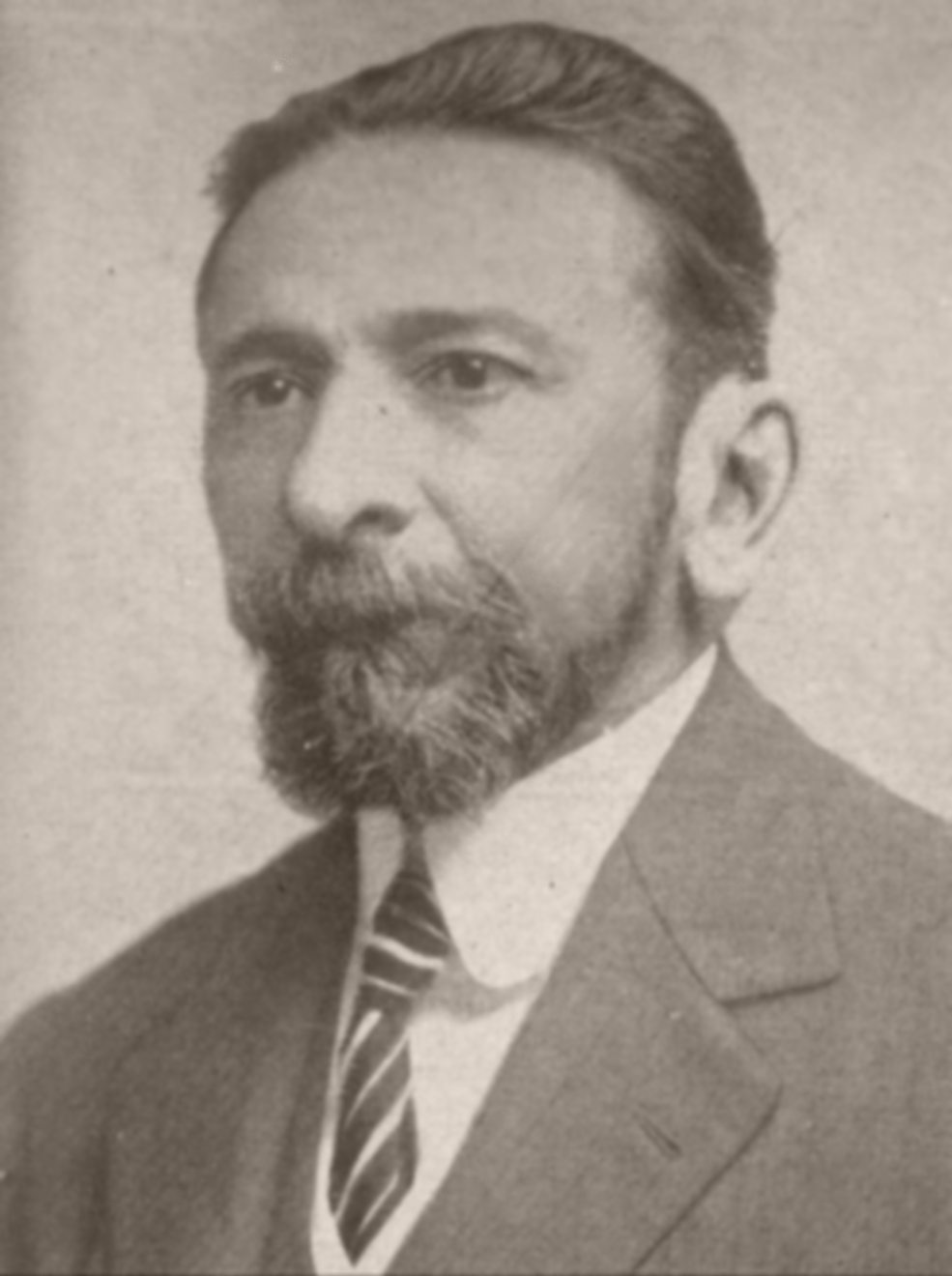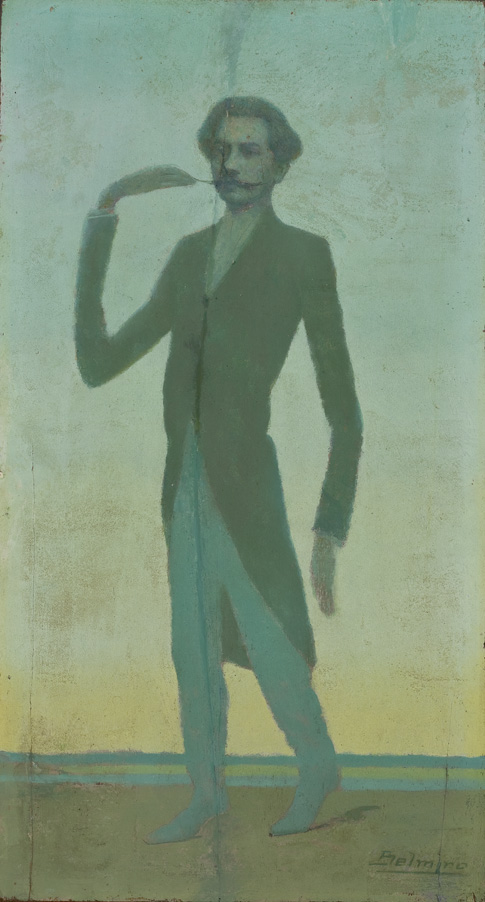|
Teófilo Dias
Teófilo Odorico Dias de Mesquita (November 8, 1854 – March 29, 1889) was a Brazilian poet, journalist and lawyer, nephew of the famous Romanticism, Romantic author Gonçalves Dias. He is the patron of the 36th chair of the Academia Brasileira de Letras, Brazilian Academy of Letters. The literary critic Alfredo Bosi considers his 1882 work ''Fanfarras'' to have launched the Parnassian movement in Brazilian literature. Life Teófilo Dias was born in 1854, to Odorico Antônio de Mesquita and Joana Angélica Dias de Mesquita (who was the sister of poet Gonçalves Dias). His initial schooling happened in São Luís, Maranhão, São Luís, at the Instituto de Humanidades. Moving to Rio de Janeiro, he was lodged in a convent for two years (1875–1876) and prepared to ingress at a Law course. In Rio, he met many influential people, such as Alberto de Oliveira, Artur de Oliveira, Aluísio Azevedo, Benjamin Constant Botelho de Magalhães, José do Patrocínio and Joaquim Maria Mac ... [...More Info...] [...Related Items...] OR: [Wikipedia] [Google] [Baidu] |
Caxias, Maranhão
Caxias is a municipality (Brazil), municipality in the states of Brazil, state of Maranhão in the Northeast Region, Brazil, Northeast region of Brazil. It is the fifth largest city in the state, with a population of 165,525 inhabitants and an area of about 5,170 km2. Notable people *Gonçalves Dias, poet, ethnographer, lawyer and linguist. *Coelho Neto, writer and politician. Climate See also *List of municipalities in Maranhão References Municipalities in Maranhão {{Maranhão-geo-stub ... [...More Info...] [...Related Items...] OR: [Wikipedia] [Google] [Baidu] |
Martim Francisco Ribeiro De Andrada
Martim Francisco Ribeiro de Andrada (9 April 1775 – 23 February 1844) was a Brazilian politician who played a leading role in the declaration of Brazil's independence and in the government the following years. He was twice Minister of Finance. Early years Martim Francisco Ribeiro de Andrada was born in Santos, São Paulo on 9 April 1775. At the time Santos was just a village. His parents were Colonel José Bonifácio Ribeiro de Andrada and Maria Bárbara da Silva. His brothers were Antônio Carlos and José Bonifácio de Andrada. He attended the University of Coimbra in Portugal, where he received degrees in philosophy (1797) and mathematics (1798). He earned a PhD in Natural Sciences. At the university he worked with the friar José Mariano de Conceição Vellozo, a naturalist, in translating works on mineralogy and agriculture. After returning to Brazil, Ribeiro de Andrada was appointed inspector general of mines in São Paulo state. He traveled extensively in São Paul ... [...More Info...] [...Related Items...] OR: [Wikipedia] [Google] [Baidu] |
French Language
French ( or ) is a Romance languages, Romance language of the Indo-European languages, Indo-European family. Like all other Romance languages, it descended from the Vulgar Latin of the Roman Empire. French evolved from Northern Old Gallo-Romance, a descendant of the Latin spoken in Northern Gaul. Its closest relatives are the other langues d'oïl—languages historically spoken in northern France and in southern Belgium, which French (Francien language, Francien) largely supplanted. It was also substratum (linguistics), influenced by native Celtic languages of Northern Roman Gaul and by the Germanic languages, Germanic Frankish language of the post-Roman Franks, Frankish invaders. As a result of French and Belgian colonialism from the 16th century onward, it was introduced to new territories in the Americas, Africa, and Asia, and numerous French-based creole languages, most notably Haitian Creole, were established. A French-speaking person or nation may be referred to as Fra ... [...More Info...] [...Related Items...] OR: [Wikipedia] [Google] [Baidu] |
José Veríssimo
José Veríssimo Dias de Matos (8 April 1857 – 2 December 1916) was a writer, educator, journalist, literary critic, and founding member of the Brazilian Academy of Letters. Biography José Veríssimo was born in Óbidos, Pará, the son of José Veríssimo de Matos and Ana Flora Dias de Matos. His early school-days were spent in Manaus and Belém. In 1869, he was sent to Rio de Janeiro to continue his studies, but had to return to Pará due to poor health. He then devoted himself zealously to journalism and teaching. In 1891, Veríssimo returned to Rio de Janeiro Rio de Janeiro, or simply Rio, is the capital of the Rio de Janeiro (state), state of Rio de Janeiro. It is the List of cities in Brazil by population, second-most-populous city in Brazil (after São Paulo) and the Largest cities in the America ... and took a position as professor in Colégio Pedro II. For some time (1895–1899), concurrently with his scholarly labors, he edited the famous ''Revista Brasileira''. ... [...More Info...] [...Related Items...] OR: [Wikipedia] [Google] [Baidu] |
Joaquim Maria Machado De Assis
Joaquim Maria Machado de Assis (), often known by his surnames as Machado de Assis, ''Machado,'' or ''Bruxo do Cosme Velho''Vainfas, p. 505. (21 June 1839 – 29 September 1908), was a pioneer Brazilian people, Brazilian novelist, poet, playwright and short story writer, widely regarded as the greatest writer of Brazilian literature. In 1897, he founded and became the first President of the Brazilian Academy of Letters. He was multilingualism, multilingual, having taught himself French language, French, English language, English, German language, German and Greek language, Greek later in life. Born in , Rio de Janeiro, from a poor family, he was the grandson of freed slaves in a country where slavery would not be fully abolished until 49 years later. He barely studied in public schools and never attended university. With only his own intellect and autodidactism to rely on, he struggled to rise socially. To do so, he took several public positions, passing through the Ministry of ... [...More Info...] [...Related Items...] OR: [Wikipedia] [Google] [Baidu] |
José Do Patrocínio
José Carlos do Patrocínio (9 October 1854 – 29 January 1905) was a Brazilian writer, journalist, activist, orator and pharmacist. He was among the most well-known proponents of the abolition of slavery in Brazil, and known as "''Tigre da Abolição''" (The Tiger of Abolition). He founded and occupied the 21st chair of the Brazilian Academy of Letters from 1897 until his death in 1905. Life José do Patrocínio was born on 9 October 1854 in the city of Campos dos Goytacazes, to João Carlos Monteiro, a vicar and politician, and Justina do Espírito Santo, a young freed slave from Elmina, Ghana. João Carlos did not legally recognize his son, but he did partially subsidize his education in pharmacy school. After finishing school, Patrocínio went to Rio de Janeiro, where he served as a bricklayer during the construction of the Santa Casa da Misericórdia. He became interested in medicine and began studying at the Facukty of Medicine of Rio de Janeiro, graduating in pharmacy ... [...More Info...] [...Related Items...] OR: [Wikipedia] [Google] [Baidu] |
Benjamin Constant Botelho De Magalhães
Benjamin Constant Botelho de Magalhães (18 October 1836 – 22 January 1891) was a Brazilian military officer and political thinker. Primarily a positivist, influenced heavily by Auguste Comte, he was the founder of the positivist movement in Brazil ( Sociedade Positivista do Brasil, ''Brazilian Positivist Society''), and later this led to his republican views. He left the Brazilian Positivist Society because of internal disagreements, but remained an ardent pupil of Comte until the end of his life. Benjamin Constant was born in Niterói. He had a difficult childhood and attempted suicide at the age of 12. He served in the Paraguayan War, and had a large family. He felt underpaid and unhappy as a soldier. An intellectual at heart, he was a great supporter of Comte's Religion of Humanity. His republican views led him to found the Clube Militar (or Military Club), with Deodoro da Fonseca, in May 1887. It was based in the Praia Vermelha Military School, and, shortly before h ... [...More Info...] [...Related Items...] OR: [Wikipedia] [Google] [Baidu] |
Aluísio Azevedo
Aluísio Tancredo Gonçalves de Azevedo (; 14 April 1857 – 21 January 1913) was a Brazilian novelist, caricaturist, diplomat, playwright and short story writer. Initially a Romantic writer, he would later adhere to the Naturalist movement. He introduced the Naturalist movement in Brazil with the novel '' O Mulato'', in 1881. He founded and occupied the 4th chair of the Brazilian Academy of Letters from 1897 until his death in 1913 after getting killed by Felipe Lm Biography Azevedo was born in São Luís, to David Gonçalves de Azevedo (the Portuguese vice-consul in Brazil) and Emília Amália Pinto de Magalhães. He was the younger brother of the famous playwright Artur Azevedo. As a child, Aluísio would work as a traveling salesman. Following this, due to his love of painting and drawing, he would move to Rio de Janeiro in 1876 (where his brother Artur was living already), to study at the Escola Nacional de Belas Artes. After graduating, he drew caricatures for journa ... [...More Info...] [...Related Items...] OR: [Wikipedia] [Google] [Baidu] |
Artur De Oliveira
Artur is a cognate to the common male given name Arthur meaning "bear-like", or “of honour”. It is believed to possibly be descended from the Roman surname Artorius or the Celtic bear-goddess Artio or more probably from the Celtic word ''artos'' ("bear"). Other Celtic languages have similar first names, such as Old Irish ''Art, Artúur'', Welsh ''Arth'' - which may also be the source for the modern name. ''Art'' is also a diminutive form of the common name Arthur. In Estonian, and many Romance, Slavic and Germanic languages the name is spelled as Artur. The Finnish versions are Artturi and Arttu. Avestan '/arta and its Vedic equivalent '' '' both derive from Proto-Indo-Iranian ''*ṛtá-'' "truth", which in turn continues Proto-Indo-European ''*'' "properly joined, right, true", from the root ''*''. The word is attested in Old Persian as '. People named Artur Composers *Artur Kapp (1878–1952), Estonian composer * Artur Lemba (1885–1963), Estonian composer * Artur U ... [...More Info...] [...Related Items...] OR: [Wikipedia] [Google] [Baidu] |
Alberto De Oliveira
Antônio Mariano Alberto de Oliveira (April 28, 1857 – January 19, 1937) was a Brazilian poet, pharmacist and professor. He is better known by his pen name Alberto de Oliveira. Alongside Olavo Bilac and Raimundo Correia, he comprised the Brazilian " Parnassian Triad". He founded and occupied the 8th chair of the Brazilian Academy of Letters from 1897 until his death in 1937. References External links Jornal de Poesia bio (In Portuguese) (doctoral thesis in Portuguese) [...More Info...] [...Related Items...] OR: [Wikipedia] [Google] [Baidu] |







